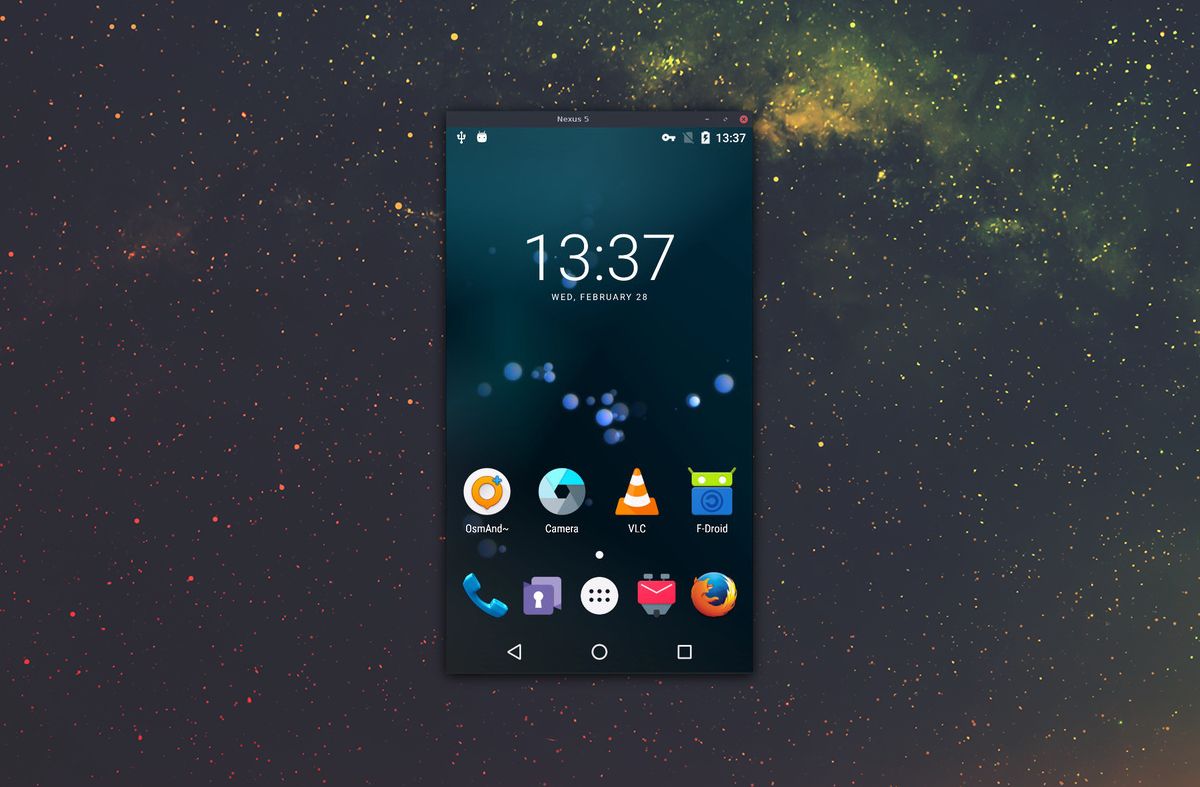Working and interacting between devices with different operating systems can be a pain sometimes. There are few first-party tools available to set up multi-platform connections, and many of them require that you own devices from the same brand. Fortunately, third-party tools are there to save the day. A free and open-source project called scrcpy allows you to mirror your Android device's screen to a personal computer, whether it's running Windows, Mac, or Linux. It does that by using Android Debug Bridge as a connection tunnel and streaming the h.264-encoded video through it. Just yesterday, the developers of the project released a new version of the tool with some welcome features.
Seamless Copy-Paste
One of the most important of these features is the ability to seamlessly copy and paste between your phone and a computer, and vice versa. Copy-pasting UTF-8 encoded text from a computer to a phone works with Android devices running Android 7 and later. That's because the command to inject the 'paste' key event via ADB was introduced in Android 7.0. Nevertheless, this newer approach definitely beats the older one which involved grabbing the copied text from Android's clipboard.
Stay Awake
Another great new feature lets you force the device to stay awake. Combined with the command to turn the screen off, you can interact with your device on your PC while the actual device's screen is turned off.
scrcpy -Sw # turn screen off and stay awake
You can also use the Ctrl + Shift + O shortcut to turn the screen back on.
The rest of the changelog of scrcpy 1.14 includes general fixes and workarounds for some bugs.
Download scrcpy 1.14
As I already mentioned, scrcpy is an open-source project. You can see and contribute to the repository on GitHub as well as download the tool. It's a command-line tool so there's no fancy GUI, so be sure to check the installation and configuration instructions there. Make sure to create issues and send pull requests to the repository if you encounter a bug.
Via: OMG! Ubuntu!


